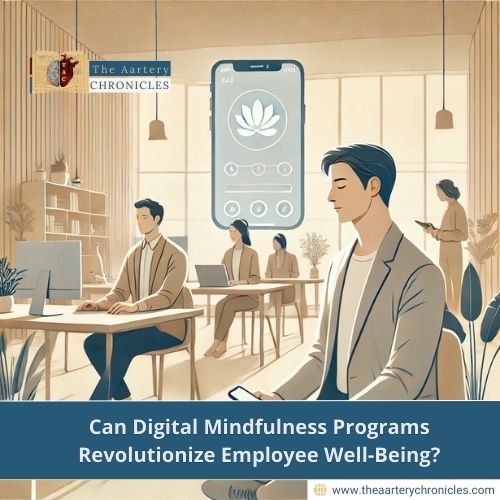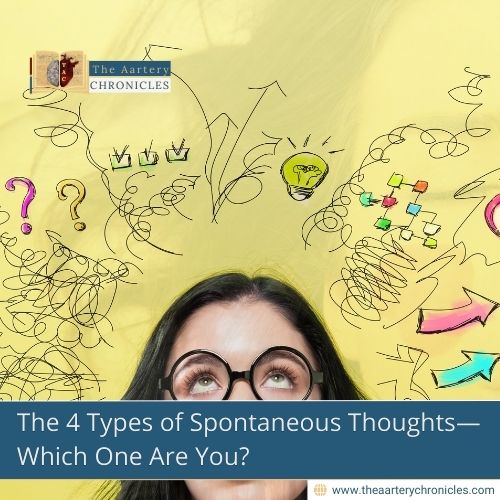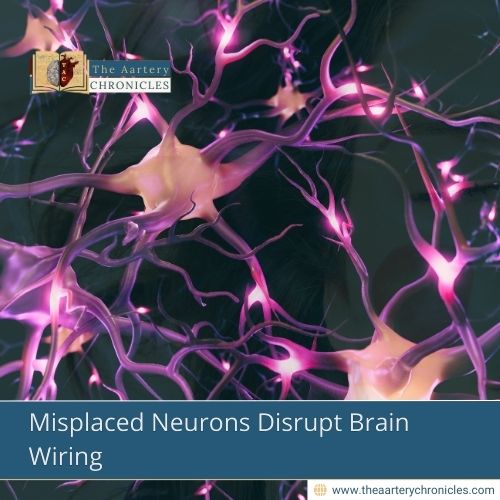

The Truth About Vitamin K and Brain Health
Are you forgetting things more often than usual? Missing appointments or struggling to recall recent events? It might not just be aging or stress it could be your diet. According to a new study, not getting enough vitamin K could negatively impact your memory and brain health.
The Role of Vitamin K in Brain Function
Recent research published in The Journal of Nutrition has shed light on the crucial role vitamin K plays in supporting brain health. The study found that a low intake of vitamin K may impair memory, slow down brain cell growth (neurogenesis), and increase inflammation in the brain especially in aging individuals.
What the Study Revealed
To explore this link, researchers studied middle-aged male and female mice over six months. One group was fed a diet low in vitamin K, while the other followed a normal diet. The results were striking. Mice that consumed less vitamin K performed worse in memory tests and had significantly lower levels of vitamin K in their brains compared to the control group.
They also showed reduced curiosity and interest in exploring new objects, a behavior associated with memory and cognitive awareness.
The Science Behind It
Researchers noted that mice lacking vitamin K had reduced levels of Menaquinone-4 (MK4)—a form of vitamin K that is especially important for the brain. Additionally, vitamin K levels in their liver and kidneys were also lower. Interestingly, male mice were more affected, showing slower weight gain and reduced survival rates than females.
Further brain analysis revealed changes in the hippocampus the area responsible for memory. There was an increase in activated microglia, which are immune cells in the brain. While microglia help protect the brain, too much activation can cause chronic inflammation, a key contributor to age-related memory loss and neurodegenerative conditions like dementia.
Expert Insights
“Vitamin K seems to play a protective role in brain health,” said Tong Zheng, lead author and researcher at the Human Nutrition Research Center on Aging (HNRCA). “We’re working to understand how it helps, so we can one day target those effects directly.”
Sarah Booth, senior author and director of the HNRCA, added, “Healthy eating is already known to improve lifespan and mental performance. By combining human and animal studies, we hope to better understand how diet influences brain aging.”
Should You Take Supplements?
Despite the promising results, the researchers do not recommend taking vitamin K supplements without medical guidance. Instead, they suggest adding more vitamin K-rich foods to your meals.
Boost Your Brain With These Foods
To naturally increase your vitamin K intake, consider including these foods in your diet:
- Leafy greens (like spinach, kale, and collard greens)
- Broccoli and Brussels sprouts
- Fermented foods (like natto)
- Vegetable oils and herbs
Conclusion
A nutritious, balanced diet can do more than keep your body healthy it may also protect your brain as you age. With more evidence showing the impact of vitamin K on cognitive function, it’s a good time to look at what’s on your plate. Eating well today may help you remember better tomorrow.
Source: Inputs from various media Sources

Priya Bairagi
Reviewed by Dr Aarti Nehra (MBBS, MMST)
I’m a pharmacist with a strong background in health sciences. I hold a BSc from Delhi University and a pharmacy degree from PDM University. I write articles and daily health news while interviewing doctors to bring you the latest insights. In my free time, you’ll find me at the gym or lost in a sci-fi novel.








